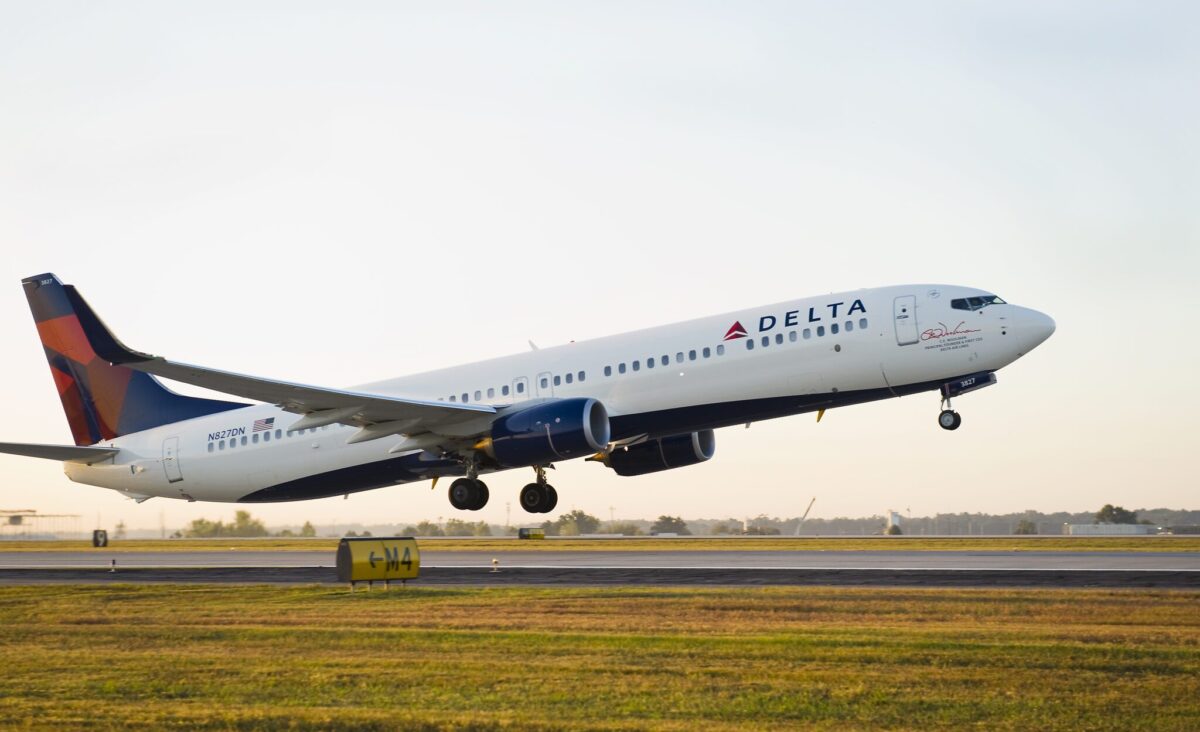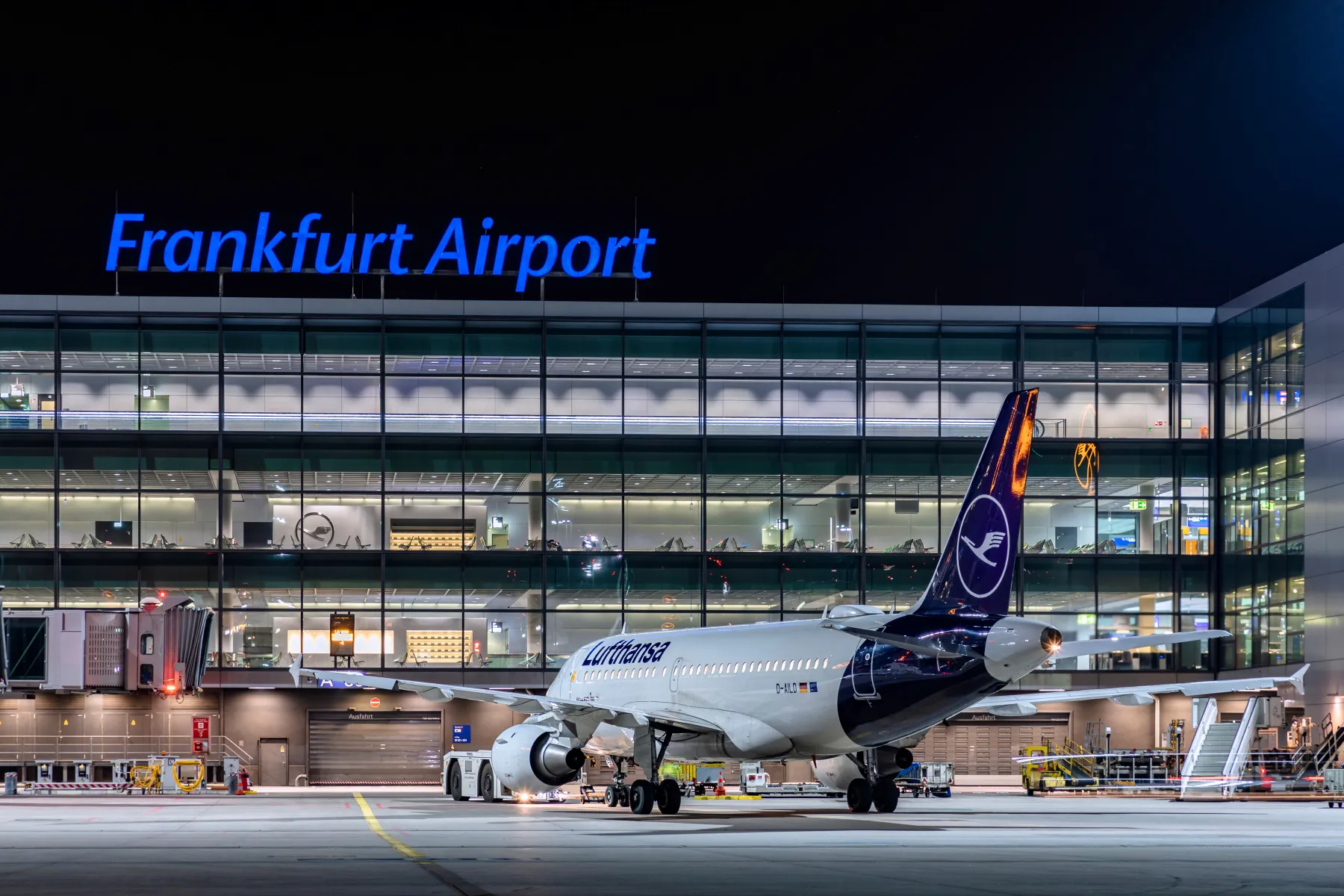A Brief Look at 16 New Travel Megatrends for 2023
Skift Take

Skift Daily Briefing Podcast
Listen to the day’s top travel stories in under four minutes every weekday.Good morning from Skift. It’s Wednesday, January 11, and here’s what you need to know about the business of travel today.
Listen Now
🎧 Subscribe
Apple Podcasts | Spotify | Overcast | Google Podcasts
Episode Notes
Skift unveiled on Tuesday its Megatrends for 2023, the 10th version of its annual forecast of big-picture trends poised to shape the year in travel, featuring information gathered by Skift editors, reporters and research analysts.
The 16 megatrends examine a wide range of topics, including TikTok chipping away at Google’s dominance in travel marketing and India possibly overtaking China as the world’s largest travel source market. Skift’s Megatrends also touch on matters pertaining to technology, such as tour operators searching for long-elusive software to boost their businesses.
Next, Airbnb has taken a major step to combat child trafficking, a troubling problem in the travel industry. The short-term rental giant has expanded its law enforcement portal to nine languages as part of its efforts to fight sexual exploitation, reports Executive Editor Dennis Schaal.
The portal, which aims to provide global law enforcement agencies a secure channel to submit data requests about Airbnb users, was initially available in English only. It now handles inquiries in French, Spanish, and Japanese, among other languages. In addition to expanding the language capabilities of its law enforcement portal, Airbnb said roughly 30,000 employees and partners have enrolled in training sessions to fight sexual exploitation.
We end today looking at American Airlines’ decision last year to raise regional pilot pay, a move one analyst said the carrier may already be regretting, reports Edward Russell, editor of Airline Weekly, a Skift brand.
American increased pilot pay at its three wholly-owned affiliates to nearly the level of its own pilots as part of its strategy to attract new pilots. Chief Revenue Officer Vasu Raja said the company could afford to pay affiliate pilots the new rates because it was charging higher fares. However, Savanthi Syth, analyst at banking firm Raymond James, described American’s move to increase regional pilot pay as the wrong bet, with Russell noting American had seen the cost of regional operations double before even solving its ongoing staffing issues.
Russell adds that the decisions of American’s rivals to match its affiliates’ pilot pay rates has potentially left the company with fewer regional pilots than it hoped as well as created higher regional costs for the industry at large.





